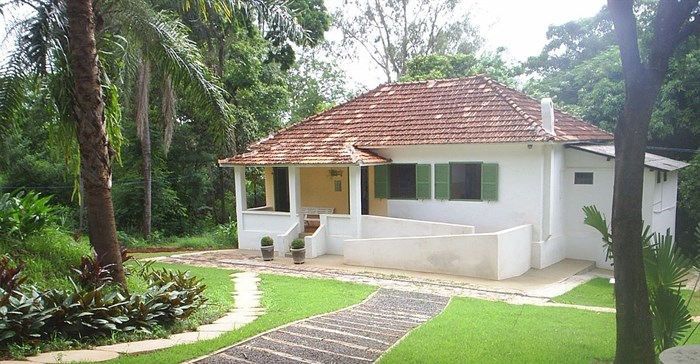As many consumers feel the financial constraints of higher living costs, coupled with the rising property prices, more and more people have turned to hive living as means to get into the property market.
While property price growth has not been exorbitant over the last few years, it has still gone up, particularly in regions such as the Western Cape. The problem is, so has general day-to-day expenses, making it harder for first-time buyers to get into the market. As a result, many have turned to hive living as an alternative. Essentially what this entails is several generations of a family purchasing a property that they can live in together, which saves on costs. In a hive living scenario, each family member has their own space. However, there are communal areas of the property where all the family members can come together. For this reason, properties with multiple dwellings on the same stand are becoming increasingly more popular.
Greater collective income
In cases where properties do not already have multiple dwellings, some homeowners are subdividing or building granny flats that they can move into to allow their children to live in the main home with the families. Rather than downscaling to another property or retirement home, many older homeowners are choosing to build onto their current property to assist their families where possible. With more people living on the premises, there should be greater collective income coming in to pay shared costs, which will make it easier for everyone financially.
Money is not the only reason that this trend has gained traction. Aside from the cost saving aspect, the concept is growing in popularity because of the increased safety element. South Africans are some of the most security-conscious people in the world due to the high crime statistics in our country. As a result, property-buying and living decisions are heavily influenced by safety and security. Hive living provides people with a greater sense of security without paying a high premium.
Challenges of hive living
While there are several advantages to a hive living situation, it is not without its challenges. With so many people living on one property it is easy for toes to get stepped on - so each person will need to respect the space and privacy of the other. For hive living to be a success, there needs to be a few ground rules in place from the start – especially about finances. All parties involved need to come to an agreement regarding who pays for what aspects of the costs from the bond repayments to the garden service. Each aspect, no matter how small, needs to be discussed and considered. All parties will also need to come to an agreement about the usage of the common areas and inviting guests over. Living together can be rewarding, but it will be important for each person to be able to spend some time away from their extended family.















































